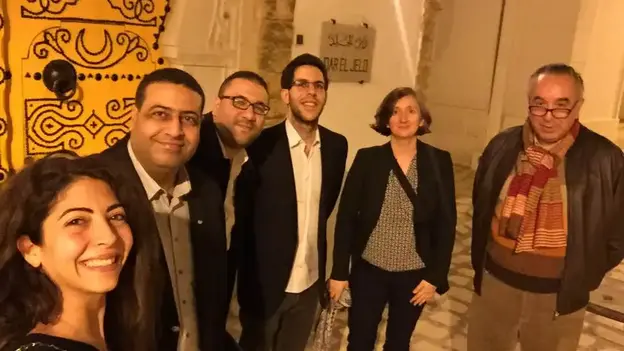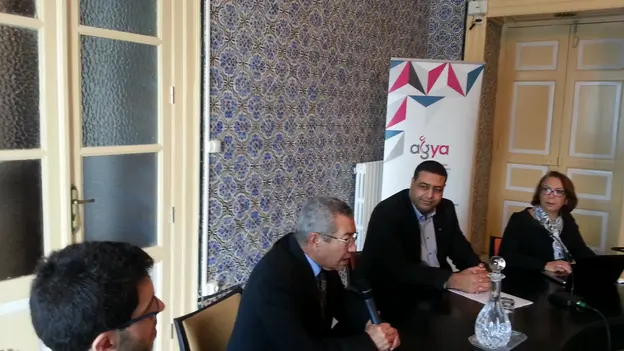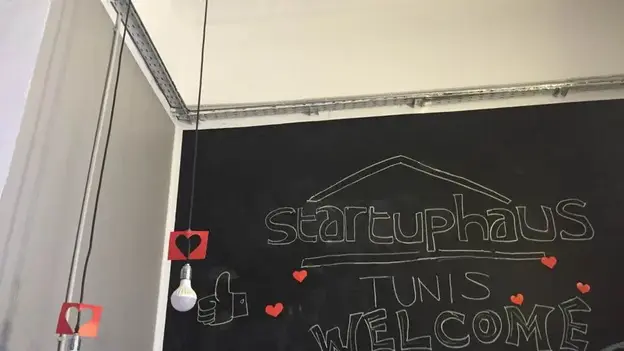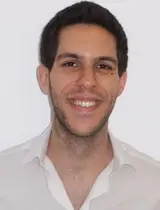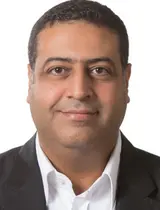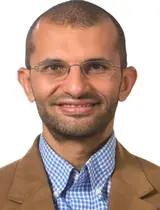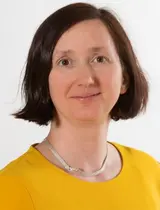Working Group Meeting
AGYA Working Group Meeting in Tunis
Discussion Round
The meeting of the Arab and German Education working group took place from 22 to 26 November 2016 in Tunis, Tunisia. The AGYA members discussed "Educational Reforms: Inclusiveness, Interdisciplinarity and Progress" with renowned international experts. The meeting enabled the continuous engagement of the Arab and German Education Working Group in various research projects and helped the members to constantly follow topics of utmost importance and in planning and organizing upcoming events of the working group.
In the aftermath of the uprisings in 2010/2011, the Tunisian government started an education-reform dialogue including participants from concerned ministries, universities, teacher unions, as well as students to discuss the need for educational reform. The dialogue focuses on four main issues: governance, university life, curriculum development, and support of scientific research. The Tunisian capital Tunis was therefore the ideal location for AGYAs “Arab and German Education Working Group” to explore and discuss “Educational Reforms: Inclusiveness, Interdisciplinarity and Progress”.
Effective Strengthening of the International Cooperation
Two discussion rounds focused on the education-reform dialogue in Tunisia and the question of how to unlock economic and social growth in the country. Deputy Secretary General and Director of the Maghreb Economic Forum (MEF), Ines Amri, introduced the MEF programme “Jobs for Tunisia”, which focuses on the sectors of Agriculture, IT and Renewable Energy. The programme aims to address socio-economic problems in Tunisia at the local, national, regional and international levels by developing key policy recommendations in different workshops and roundtables. Fatma M’Selmi, Expert & Founder of Laur’us Consulting emphasized the role of technology transfer, innovation and entrepreneurship for the economic development in Tunisia as well as the economic empowerment of women.
The Working Group Meeting also aimed at broadening the AGYA network in general: Therefore the meeting took place at different institutions in Tunis to connect AGYA members with local academic partners and to have the opportunity to present AGYA at different scientific institutions in Tunis. One part of the workshop was held at the renowned Tunisian Academy of Sciences, Letters and Arts “Beit al-Hikma” (House of Wisdom), where AGYA members were welcomed by Prof. Dr. Abelmajid Charfi, President of the Beit al-Hikma and got in contact with outstanding researchers from different disciplines. For more than three decades, the “Beit al-Hikma” supports the consolidation and dissemination of knowledge to build a universal scientific dialogue and to promote Arab culture.
The participants also visited the Startup Haus Tunis, a German-Arab project that is implemented by enpact in cooperation with the Westerwelle Foundation. Startup Haus Tunis is a space which supports the local ecosystem, links all startup related activities and stakeholders streamlining their activities – NGOs, government programmes, chambers of commerce, accelerators and incubators, co-working spaces, private sector initiatives, business angels etc.
Transgressing the Boundaries Between Science and Society
To support capacity building measures, one day of the Working Group Meeting was organized as a writing workshop for students from the Department of Applied Languages of the University of Tunis El Manar. AGYA member Anis Ben Amor and his fellow AGYA colleagues together with Prof. Dr. Moez Ben Messaoud (L’Institut de Presse et des Sciences de l’Information IPSI) equipped the students with skills in regard to academic writing.
"We had very fruitful meetings with different highly ranked experts, academics, and intellectuals from Tunisia”, summarizes AGYA member Anis Ben Amor. “All Tunisian partners we met welcome the idea to cooperate with AGYA in order to establish a solid network of excellent German-Arab early-career scholars in the region. This is what we need in order to realize together relevant joint research projects and activities.”
- Year
- 2016
- Funding Scheme
- Working Group Meeting
- Working Group
- Arab and German Education
- Countries Involved
- Germany, Tunisia, Egypt
